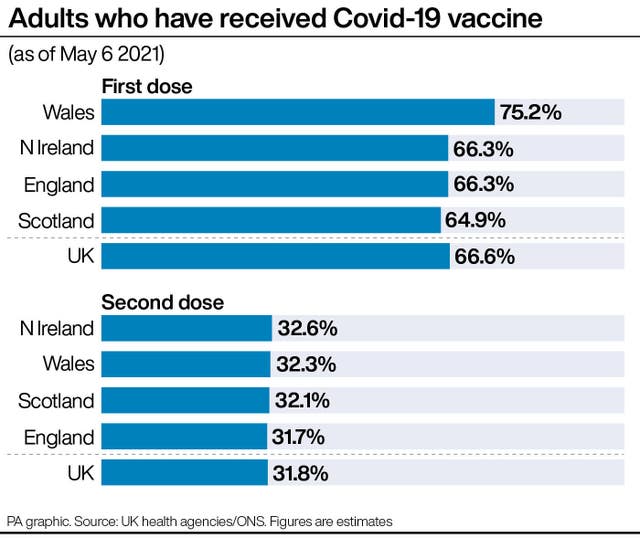Thousands of NHS workers are experiencing “unacceptable levels of exhaustion”, a health chief has warned, after a survey found some doctors worked extra unpaid shifts during the pandemic.
Over-worked
The British Medical Association (BMA) said more than half of doctors (58%) surveyed in the UK had worked extra shifts as part of the coronavirus (Covid-19) response, of which 28% were unpaid. The BMA’s Covid-19 tracker survey in April also revealed 44% of doctors felt pressured by their employer to work additional hours.
Of the 5,500 doctors who responded to the survey, more than a third (36%) said they had either skipped taking full breaks or taken them on rare occasions, with nearly 60% reporting a higher than normal level of fatigue or exhaustion.
Dr Chaand Nagpaul, BMA council chairman, said:
To learn that an already depleted and now exhausted workforce feels forced into doing more and more hours, with many reporting higher levels of fatigue than ever, is extremely worrying. It is putting them at risk and their patients.
Working ‘flat out’ without a change to rest and recuperate is simply unsustainable and unsafe. The results from the latest BMA’s Covid-19 tracker survey show that far too many colleagues across the NHS are experiencing unacceptable levels of exhaustion while being pressured to work extra shifts, and this needs to be addressed as a matter of urgency.
Governments should be doing all they can to ensure staff have an opportunity to rest and reset – no-one should feel pressured to take the NHS backlogs on a goodwill basis.

Nurses too
The findings echoed figures from the Royal College of Nursing’s (RCN) survey in July 2020, which found a third of nursing staff in all sectors reported they are working longer hours. RCN acting chief executive and general secretary Pat Cullen said:
Exhausted health and care staff, without whom we would not have turned the tide of the pandemic, must be supported to recover. We cannot return to the understaffed wards, care homes and clinics from before the pandemic. Investment in staffing and pay is about both patient safety and the health of our workers.
After this experience, nursing staff expect decisive action and investment to guarantee there are enough highly skilled healthcare workers to meet our country’s needs now and in the future.
That means leaders must take steps to retain the nursing staff we have, as well as to increase entry into the profession.

















